On the Whitsun weekend of 1935 an art student called Denton Welch was knocked off his bicycle by a car and suffered catastrophic injuries, including a fractured spine. Although he made a remarkable partial recovery, he subsequently endured regular bouts of disabling illness, and would die in 1948 aged only 33. Welch continued to paint after the accident, but also began writing the autobiographical fiction for which he is now best known, publishing his first novel, Maiden Voyage, in 1943. By this time he was living in a chauffeur’s flat over a garage in rural Kent. When well, he was able to walk and bicycle around the countryside, exploring buildings and hunting for antiques, and watching young men bathing, their likely fate in the war emphasising his already well-developed sense of the fragility of life. He recorded all this in finely observed detail in his posthumously published journals, which provide a hauntingly elegiac picture of 1940s England under threat.
In November 1943 Welch was introduced to Eric Oliver, a handsome young man who was working as a ‘land boy’. Oliver was wearing ‘green battle-dress trousers, Wellingtons, and a jersey and white shirt, open’, Welch recorded with his characteristic attention to physical detail; ‘also white tops of pants showing above the trousers, large leather belt, face red-brown, with a very good throat’.
Welch was instantly smitten, but Oliver took a great deal of wooing, much of it carried out in the letters published in this volume. ‘You have gone and I am sitting over my supper […] & listening to “I will give you the keys of Heaven” on the wireless,’ Welch unguardedly writes after one of Oliver’s early visits, and many of these letters make painful reading. The two men were not well matched. Oliver, whose education had been haphazard, felt himself to be intellectually inferior to Welch, to whom he was not really physically attracted.
Welch was all too aware that, often obliged to wear a catheter and subject to sexual dysfunction, he did not present a very alluring prospect. ‘In my heart there are hung two extraordinary pictures,’ he wrote in his journals; ‘one is called “Accident and Illness”, the other, exactly opposite, tilted forward as if to meet it, is called “Love and Friendship”.’ He longed for a companion, but at the same time acknowledged that ‘Really, to be alone is my nature.’ The fact that the two men did eventually enjoy a loving relationship, with Oliver devotedly caring for Welch through his last years of illness, represents a kind of triumph.
Daniel J. Murtaugh has supplemented 89 pages of letters with 115 pages of editorial matter, including extensive notes quoting freely from Welch’s journals and from biographies by Michael De-la-Noy (1984) and James Methuen-Campbell (2002). These notes provide a useful context, but contain a great deal of repetition, much stating of the bleeding obvious, and numerous mistakes. Among other errors, books by Siegfried Sassoon and J.B. Priestley are wrongly identified, Baron Corvo appears to have been muddled with Wilhelm von Gloeden, and the name of Welch’s publisher is incorrectly given.
Murtaugh also suggests that these letters ‘more poignantly and sincerely underscored the themes of Welch’s life, career and times than did the more self-conscious autobiography of his journals and fiction’. Although anyone interested in Welch will be grateful to see them in print, it is doubtful whether many admirers would judge them the equal of his other work. As Oscar Wilde observed, sincerity is not necessarily a good thing, and letters to lovers do not always show writers at their best.
This is perhaps particularly true of those who find themselves the supplicant in a relationship of unequal affections: one thinks of the letters of Elizabeth Bowen to Charles Ritchie, which showed a great stylist linguistically undone by love. Well over half of Welch’s letters consist of a relentless and repetitive unpicking of his burgeoning relationship with Oliver. They get far more interesting once the two men have settled into a stable relationship, when they are written to entertain Oliver rather than berate him.
This suggests that there is a good deal to be said for self-consciousness and artistic shaping, and one ends up feeling that what is really needed is an edition of Welch’s collected letters in which these very interesting but distinctly uneven ones would find their place.
Got something to add? Join the discussion and comment below.
Get 10 issues for just $10
Subscribe to The Spectator Australia today for the next 10 magazine issues, plus full online access, for just $10.

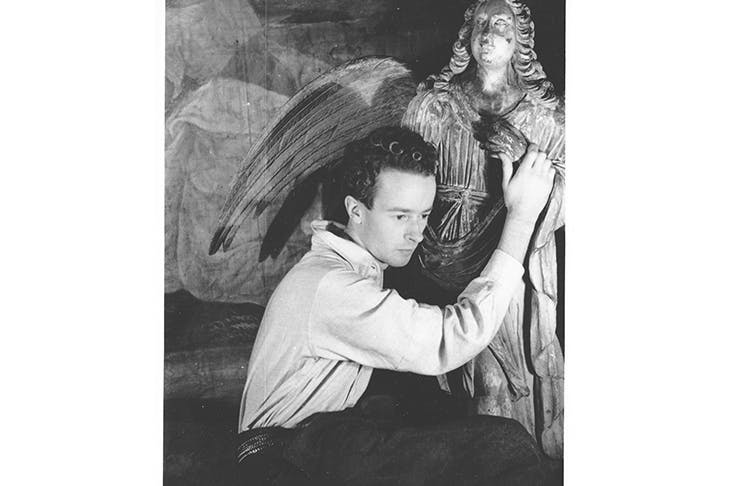
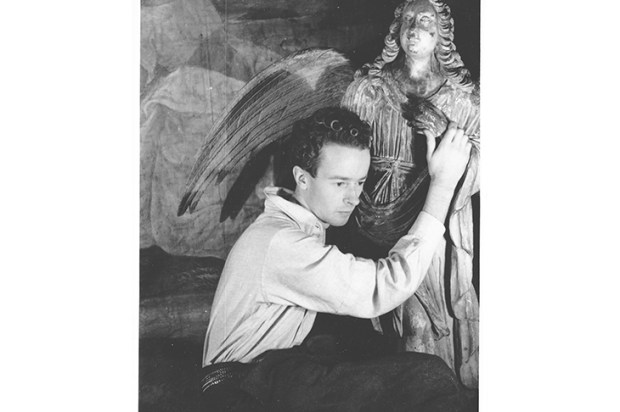
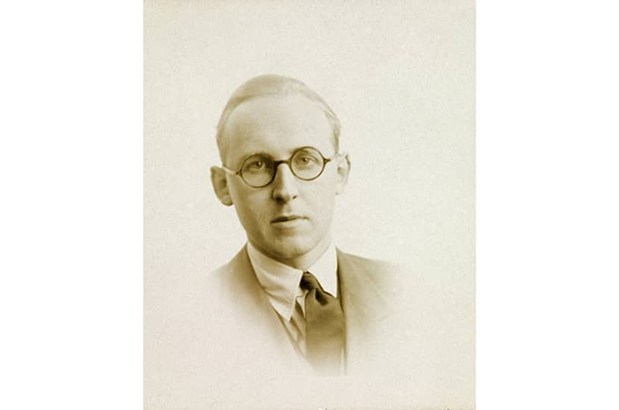
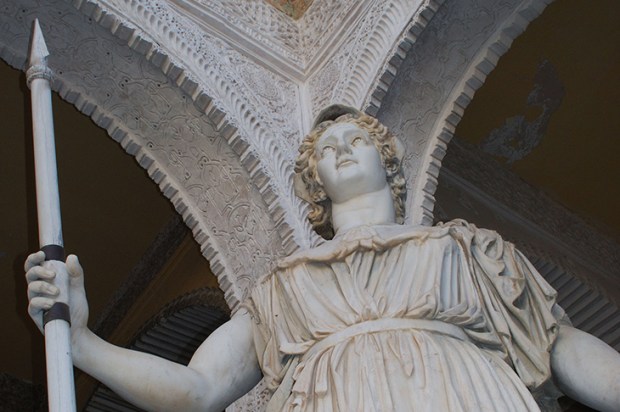

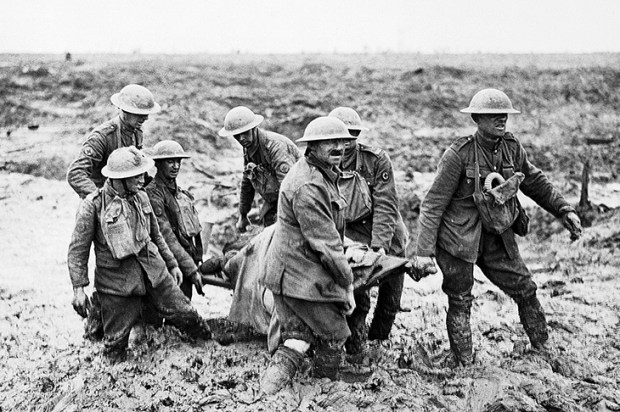
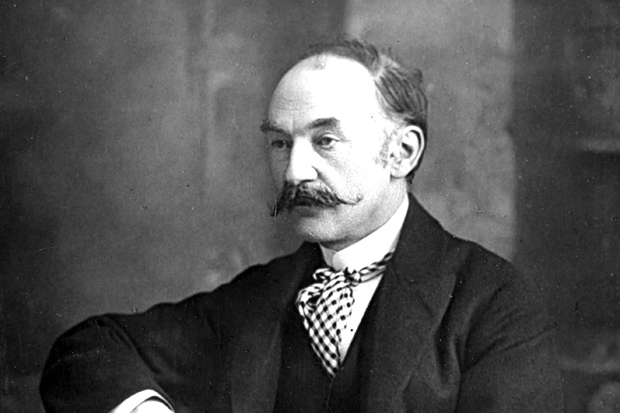






Comments
Don't miss out
Join the conversation with other Spectator Australia readers. Subscribe to leave a comment.
SUBSCRIBEAlready a subscriber? Log in